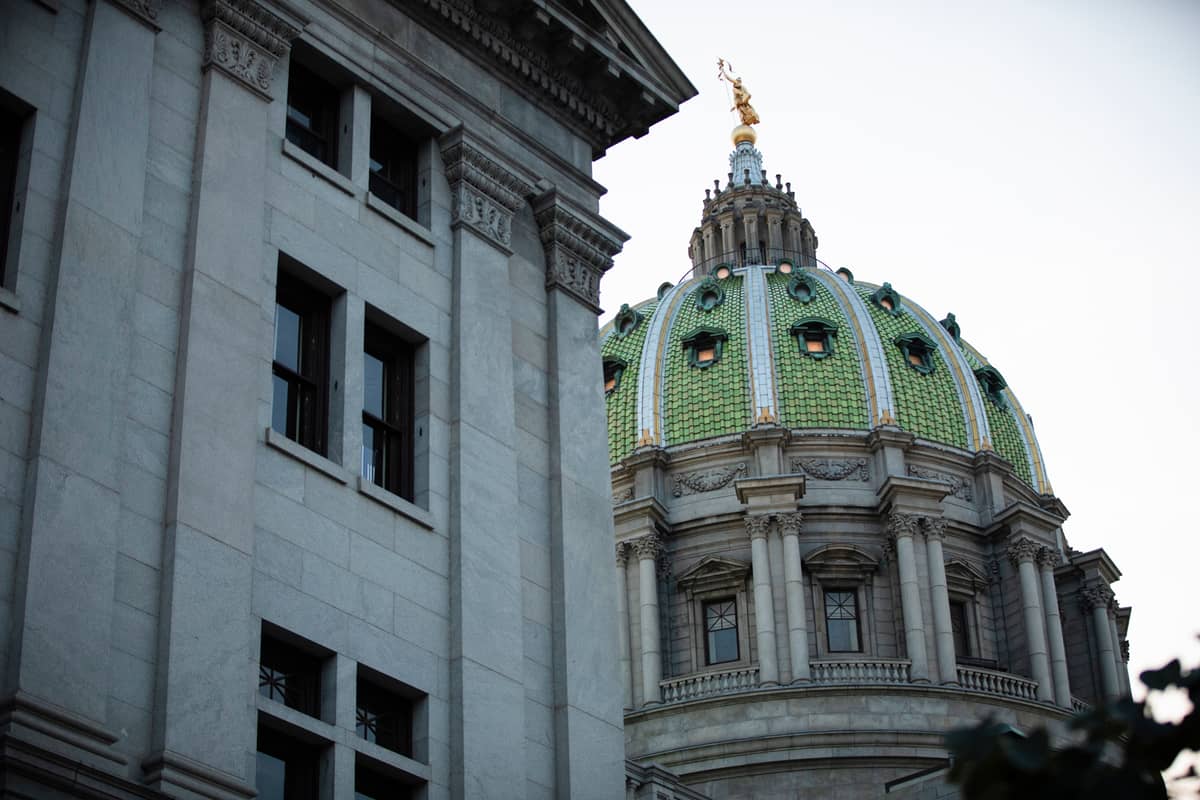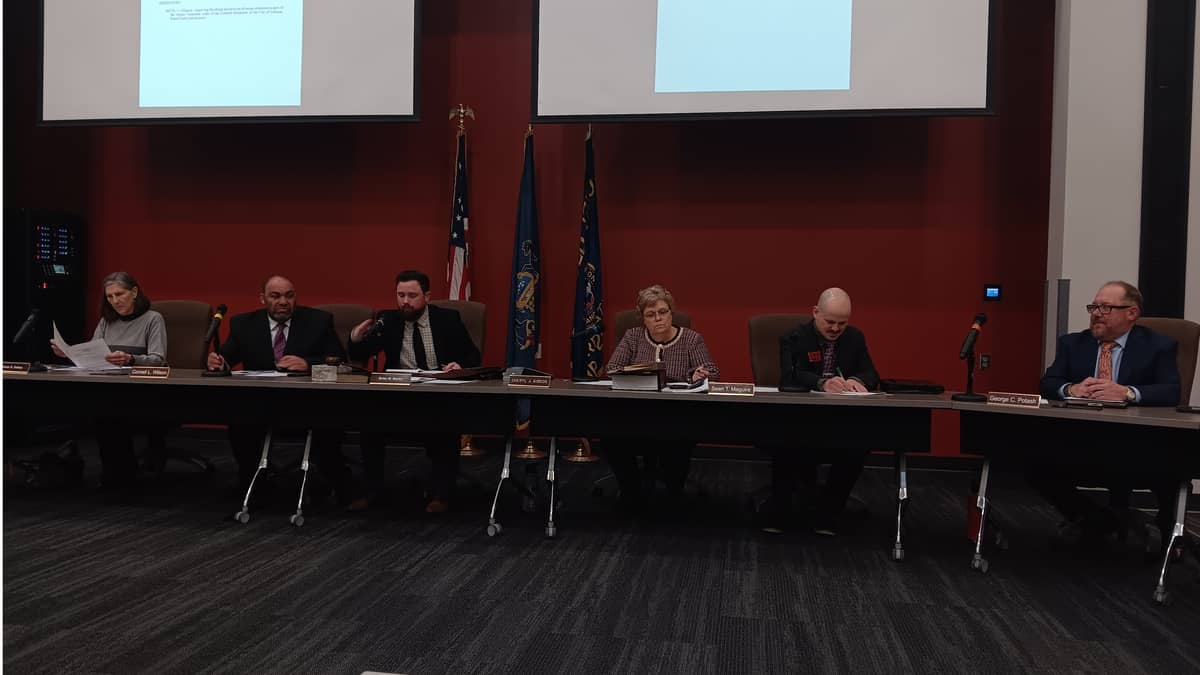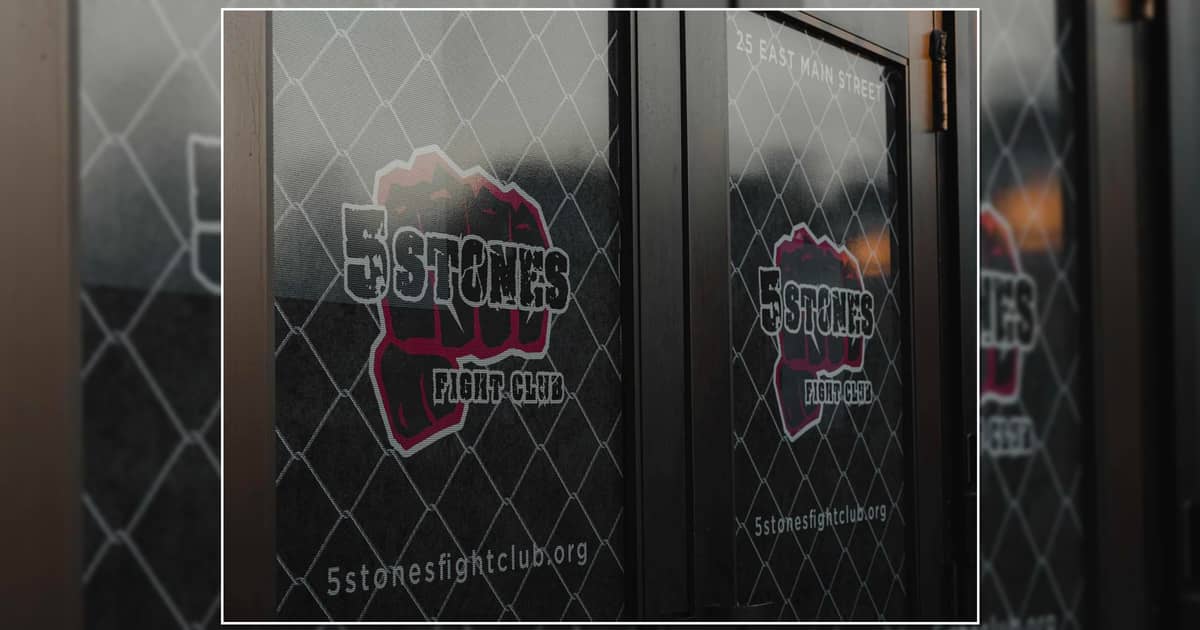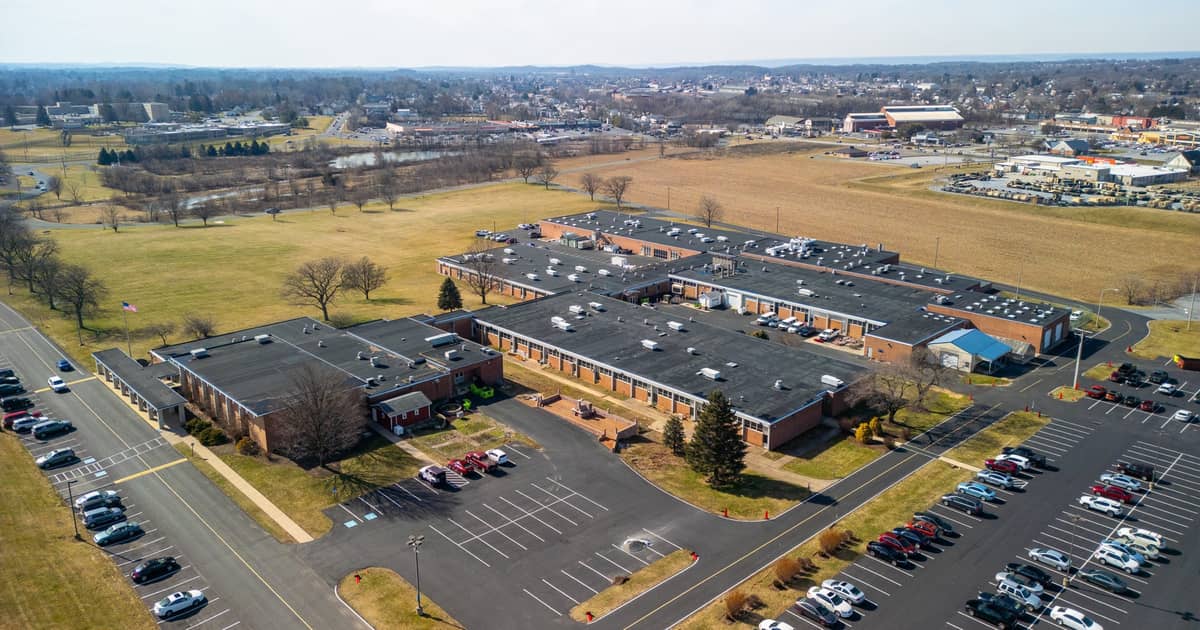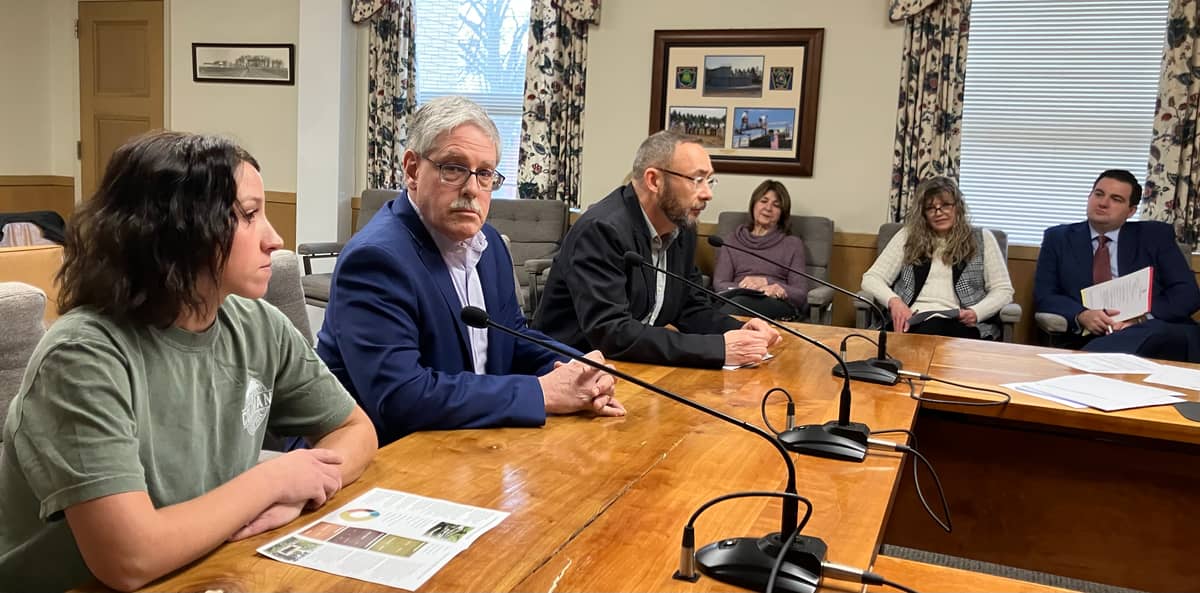This article is shared with LebTown by content partner Spotlight PA.
By Stephen Caruso of Spotlight PA and Kate Huangpu of Spotlight PA
HARRISBURG — Pennsylvania lawmakers are no closer to finalizing the state’s spending plan nearly three months after the deadline, leaving hundreds of millions of dollars for the poorest schools, student mental health grants, and more in limbo.
State House lawmakers returned to Harrisburg this week for the first time since passing the main $45.5 billion budget bill in July. The Democratic majority agreed to support the legislation after securing a commitment from Gov. Josh Shapiro, a Democrat, to line-item veto a $100 million private school voucher program championed by Republicans who control the state Senate.
While both the state House and Senate have passed the main budget bill, the chambers have yet to agree on code bills that would authorize state spending on a number of programs favored by state House Democrats, including grants to make houses more energy-efficient and a stipend aimed at enticing more educators to stay in the state.
The state Senate has since advanced legislation that would fund some, but not all, of those priorities.
After two days in session this week, the state House left without considering any of those state Senate bills. The Democratic majority has also yet to put forth its own legislation.
Beth Rementer, spokesperson for state House Majority Leader Matt Bradford (D., Montgomery), said that “conversations with all parties continue in good faith.”
“If those conversations do not bear fruit, the House stands ready to send a comprehensive fiscal code vehicle to the Senate for their consideration in the coming weeks,” Rementer said in a statement to Spotlight PA.
She added that a fiscal code “is not always necessary.”
However, budget secretary Uri Monson told Shapiro and legislative leaders in August that he would not release roughly $1.1 billion for a number of programs without additional legislation from state lawmakers.
Since late August, state Senate Republicans have advanced a handful of bills containing language that would authorize spending on some of the stalled funding items. One includes funding for increased reimbursements for first responders, and would renew judicial fees that courts rely on.
The chamber also passed two education bills. One again proposes to create a $100 million private school voucher program and increase funding for the Educational Improvement Tax Credit, which provides a tax break to corporations or individuals who donate to private school scholarships.
The other bill would allocate tens of millions of dollars in school safety grants to the Commission on Crime and Delinquency — a bipartisan state panel including administration officials, legislators, judges, and law enforcement officials — rather than the Pennsylvania Department of Education. The Shapiro administration supports that effort.
Following the latter’s passage, state Senate Majority Leader Joe Pittman (R., Indiana) published an op-ed arguing that “it is time we demonstrate what can be done in divided government instead of what cannot.”
“The Senate continues to act and demonstrate we can move forward with the most basic parameters which make our government function,” Pittman said. “It is past time for the House to come back to session and work with us to solve real problems for the people of Pennsylvania — starting with keeping our students safe.”
Missing priorities
Democrats in both chambers said that their priorities weren’t included in any of the state Senate’s proposals.
The state Senate bills would not provide funding for the popular Whole-Home Repairs program or for stipends for student teachers. Also missing is additional funding for the poorest school districts and for the state’s first expenditure for public defenders.
At least one Democratic priority advanced. At the behest of state Senate Minority Leader Jay Costa (D., Allegheny), the upper chamber agreed to allocate $100 million in federal stimulus money for school mental health services as part of one of the education bills.
State House Democrats have expressed skepticism of the plan, arguing those dollars should be used for adult mental health care as originally planned.
Additionally, the upper chamber has not advanced any of the state House’s educational priorities, including financial assistance for local educator training programs or allowing immigrants with valid green cards or work authorizations to receive a state teaching certificate.
“They haven’t been in a rush to run any of our bills,” state Rep. Peter Schweyer (D., Lehigh) told Spotlight PA. “I’m not in a rush to run any of theirs.”
Pitt, Penn State funding stuck
Also stuck in neutral is $640 million in funding for Lincoln, Penn State, Pitt, and Temple universities. That funding is used to lower in-state tuition for Pennsylvania students.
“For many of us, our future is on the line,” said Pitt sophomore Olivia Pinocci-Wrightsman at a news conference held by state House Democrats. State funding allows the school to cut tuition by up to $16,000 for Pennsylvania students.
Bills authorizing funding for the so-called state-related universities must pass with a two-thirds majority — a higher bar than that for most legislation. During summer budget negotiations, funding for only one of the schools, Lincoln University, passed the state House. It has yet to receive a vote in the state Senate.
State House Minority Leader Bryan Cutler (R., Lancaster) told reporters that discussions continue and lawmakers are eyeing increased transparency measures for the schools and tuition freezes.
“The vehicles are there, they can be amended and sent back or the House Democrats could choose to move them here,” he said.
WHILE YOU’RE HERE… If you learned something from this story, pay it forward and become a member of Spotlight PA so someone else can in the future at spotlightpa.org/donate. Spotlight PA is funded by foundations and readers like you who are committed to accountability journalism that gets results.

